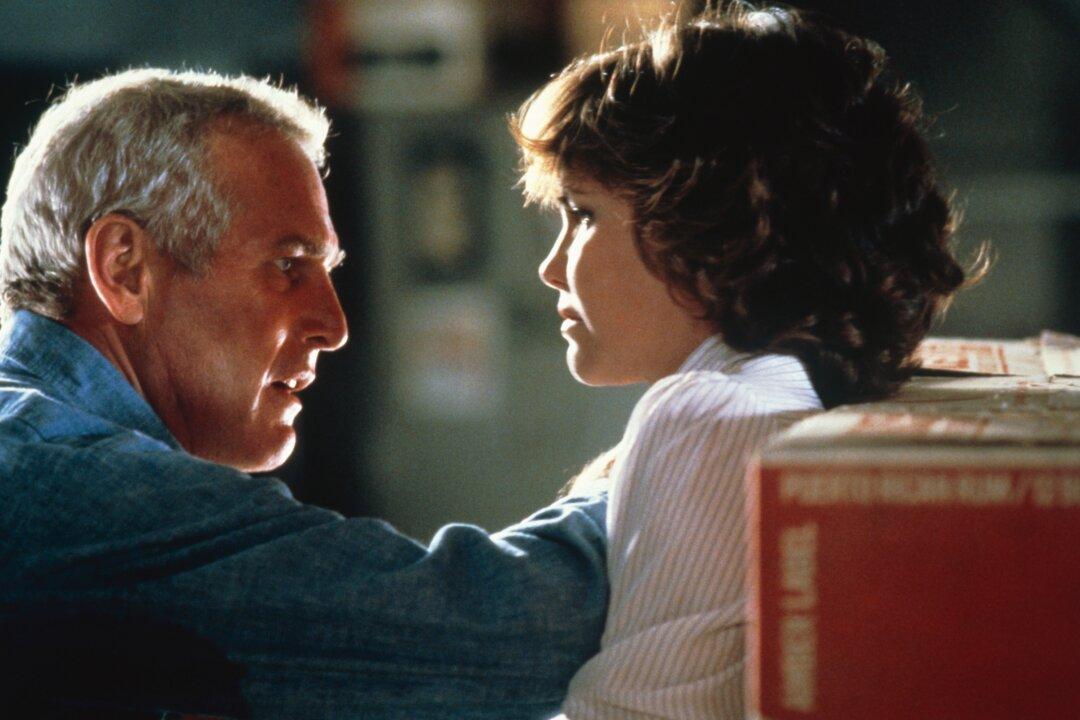PG | 1 h 56 min | Drama | 1981
Do the wealthy have the same rights as those lower down the social or economic ladder, to be treated as innocent until proven guilty? Should the public, who consume news stories, be burdened with separating mere facts from the truth? Isn’t that the job of journalists? Is it vital to seek confirmation before breaking a story, or is a hint of truth enough? Sydney Pollack’s classic on truth-seeking and truth-telling ponders some of these questions.





